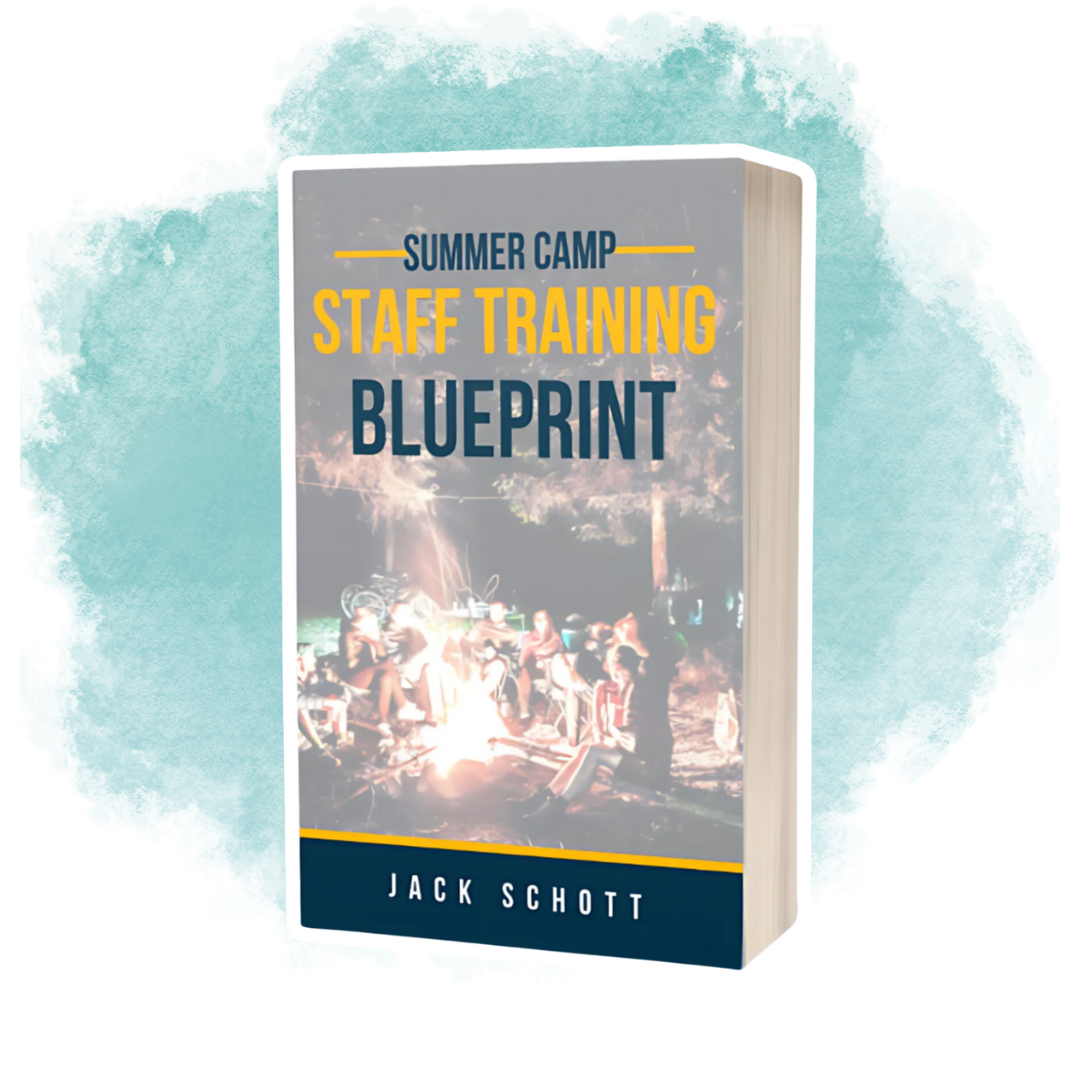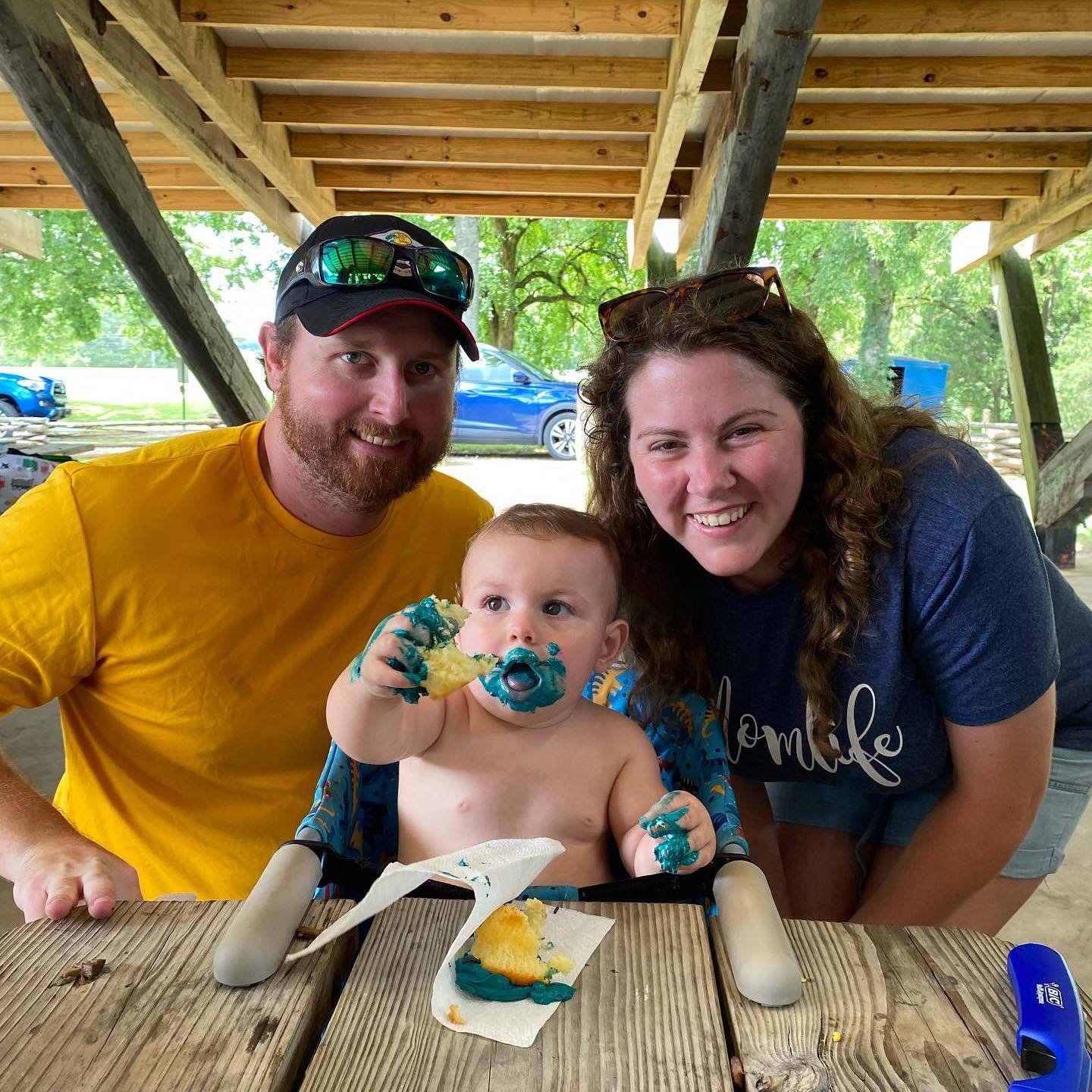Making Them the Main Character
On The Summer Camp Society Podcast we have been talking a ton about recruiting staff and how we tell the story of what camp is like. In October 2020, I wrote this letter to the rest of the Stomping Ground team trying to help encapsulate our voice. It wasn’t specifically about staff recruitment, and rereading it three things stand out now more than ever.
How can we make sure the staff feel like they are the main character of the story?
How can we be real and compelling at the same time?
The way we communicate and how we say things matters.
Below is that letter. Remember when we were all wondering about virtual camps!?
THOUGHTS ABOUT HOW WE FRAME THINGS
I love making content.
The goal of all our content is for people to fall more in love with Stomping Ground and give people an excuse to talk about us. Content is the fuel that makes word-of-mouth marketing easier. At MACC, someone talked about how the Y logo is the idea and then the people working at the Y are what makes it true. I liked that.
Our content is what builds how people think about SG. We position it as very personal, informative, fun, willing to take some risks, and maybe most of all working our asses off to not assume we know what is best for everyone.
We work our asses off to assume we don’t know what’s best for everyone because that relates to every part of both free choice at camp, partnering with kids, and having humble curiosity.
In marketing, they often call this making the customer the main character of the story. We take this to heart in everything we do. If you look at the big banner in my room it reads “A resident camp where kids CAN thrive.” Not where they do or will, but we basically are saying where they MIGHT.
Now we inspire the next generation of radically empathetic decision makers. Which is distinctly different from building great leaders or even growing radically empathic decision makers. We are coming alongside young people and helping them as opposed to teaching or changing them.
We talk about building a world where they can see what the world could be like.
I know these sound like semantics and I think we have relaxed in our rigidness around self- directed education but I don’t want to lose that belief in partnering and coming alongside kids.
HOW THAT MATTERS FOR MARKETING
I want to push us to find the balance between confidently creating awesome stuff and making it about us.
Let me think of an example. Someone is writing a blog post about teens that I haven’t read yet. How do we decide to put that out into the world?
Option 1: Look at what we are doing for teens. If you are a teen you should do our thing.
Option 2: A quote from the article and an invitation to learn more. “I hope you will join us”
Option 3: A thought about the world and a connection back to the article. “Being home with the whole family can be tricky for anyone. Check out Ray’s thoughts about growing up as a teenager and a new virtual teen leadership retreat we are offering”
These aren’t super polished but are very different.
This is an idea I originally heard about from this guy Chase Reeves who used to run a small business podcast called the Fizzle Show. This is some other guy summing up Chase’s point.
‘A character is someone who wants something and overcomes obstacles to get it.’
He then points out a mistake that virtually all of us make when we’re starting out, but hardly anyone discusses: the main character fallacy, or a problem identifying the main character of your story. Where do most people begin with their stories? “Me, me, me.” As Chase points out, while this may be a great equation for creating a compelling novel or other work of creative art, it is a terrible equation for business marketing and brand building.
So who is the main character of your story if not you? Your business?
No. The main character of your story is your customer or audience. But not your customers or audience as a whole—just one particular customer.
Another way to think about it is imagine we are at a party. We want to be the people that are listening and then doing cool shit with people and not the people yelling about how cool we are.
This idea has been even more tested with fundraising. I saw the real study for this once showing how much more money was raised when appeal letters had more “You”s and less “I/we”s. Here is a better description than I would do.
2. You. Fundraising letters are about what the donor wants, not about what you want. Donors want to do something about problems they care about. They want their contribution to be recognized. Not, “Our generous donors helped,” but “You helped.” “You can make a difference.” “Your assistance made it possible.”
3. I. Not, “We hope…,” but “I ask you to ….” “I’d like to let you know how your money has been put to work.” “I’d like to like to tell you how much your donation has accomplished.”
This commitment to language that reaffirms that we are partnering with people not saving them or powering over them is a huge differentiator for us and will matter a great deal as we enter an economic downturn and all money is a little harder to find.
Note from Allison
Jack wrote this note to Stomping Ground, and I think there are a lot of nuggets in it but maybe fewer direct takeaways for camps who aren’t Stomping Ground. So what does this mean for you?
In short, check the perspective you’re sharing from (especially on your social). Use less “Look at all the cool stuff we’re doing,” and more, “We can’t wait to see the cool stuff you do.” When we’re thinking about this in the context of staff recruiting, I think it looks like a whole lot more shoutouts for current/previous staff or impact stories and a whole lot fewer posts about the benefits of working at camp.
WORK WITH JACK
Jack is a sough after trainer working with 3000+ camp staff and 20+ camps in 2022. Interested in working with him this summer?
Send him an email - jack@thesummercampsociety.com
His two most popular training topics are around The Hidden Curriculum and 5 Keys to Being a GREAT Camp Staff.
JACK SCHOTT
CO-FOUNDER CAMP STOMPING GROUND
CO-FOUNDER THE SUMMER CAMP SOCIETY
JACK@THESUMMERCAMPSOCIETY.COM
STOMPING GROUND ORIGIN STORY

Ready to Elevate Your Summer Camp Staff Training?
Empower your camp staff with the tools they need for success.
Visit our dedicated training site for expert resources, training modules, and more.



